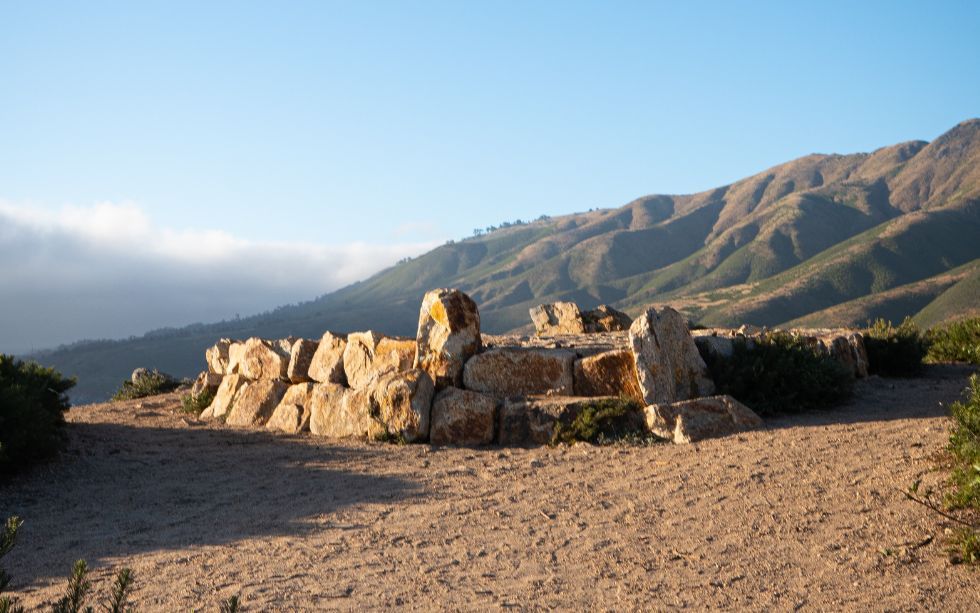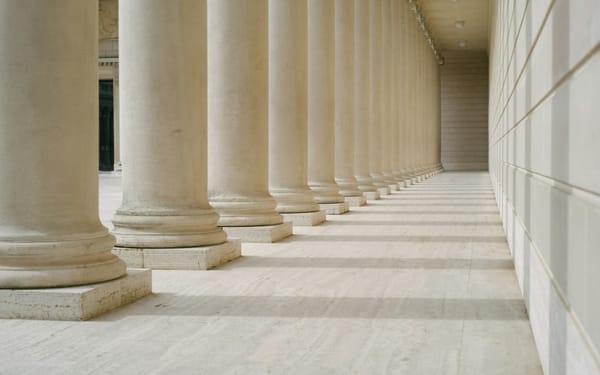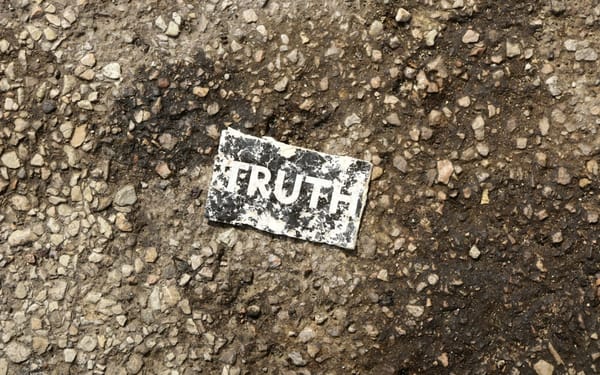Is It Okay To Tear Down Traditions?
It seems like today, anything associated with the past can quickly become unpopular and disregarded. Is it okay to get rid of traditions or do we risk a greater loss?

The term iconoclast has fascinated me for years. It is not a term that you hear often although the entire world seems to be enamored with the very idea of iconoclasm. We are the age of disrupters and marketing innovators. We celebrate Bezos, Musk, and Jobs for what they have brought to society, and then a few years later we “burn them in effigy” on the same platforms and devices that they delivered. The modern justice warrior often confuses chaos and destruction with positive disruption. When Steve Jobs passed away, it did not escape me that I read the news (including editorial eviscerations of his character) on the revolutionary device in my hand that he had brought to the world. That is a fascinating legacy. The modern equivalent of reading a textbook discussing and denouncing Gutenberg and his printing press.
We are the generation or rather generations of “Mr. Gorbachev, tear down this wall”, the iconic words of President Reagan. We are from a series of generations that looked at the previous and said we know better and need to fix this. In the case of Reagan and the freedom from decades of oppression, this can be viewed as a positive. Iconoclasm can be the best and at times, only true course of action. The danger is when your heuristic is based entirely on the breaking of tradition. Tradition in itself is not inherently dangerous, evil, or negative.Tradition is an age-old device to learn from the past through its failures and its victories. Tradition at its best is a rich history of what has come before that is culturally embedded into the psyche of future generations.
A proper understanding of the past helps to interpret the future and get a grasp on what is to come. A proper understanding of what has been will take much of the sting from the uncertainty of what will be.
In the long and rich history of religion, tradition is a binding and indispensable thread that links the past to the present. It is the anchor, the mooring that once removed, drifts into impotence and obsoletion. Without tradition, the monuments set up for God’s history of human interaction, are lost to future generations.
Tradition is not holy or sacred in and of itself. The ability to challenge tradition is a Christ-like quality and “because” is never a good reason. Romans 12:2 is a direct challenge to any form of anti-intellectual Christianity that wants blind conformism. There is nothing winsome about a faith that is based entirely on traditional coercion for the “good of the group.” Iconoclasts are important and the Bible is full of innovative thinkers who listened to the Holy Spirit and revolutionized the church within the parameters of Biblically revealed truth.
Christ fought the Pharisaical tradition of ancient Judaism which had fallen into a morass of man-made imperatives. “Blind guides” is what Christ called them and though it was part of God’s plan and was planned from the foundation of all things, He was killed for his iconoclastic efforts and in the process not only revolutionized history but bought our freedom.
Paul followed close on his heels. A gatekeeper of tradition and the Judaism of centuries, he began to tear at the shaky foundations that had begun to crumble with the infusion of man-made ideas. Paul was no friend to tradition for tradition's sake, but he challenged the traditions within the framework of the tradition itself and in the process created an entirely new framework in many respects. These men, the early apostles and church leaders, rewrote history and did so with such conviction that nearly all of them died premature deaths because of their beliefs.
There are modern examples as well. Sometimes working within a tradition does not work. Bonhoeffer fought against the juggernaut of the German Christian church and its nazi patronization and paid for it with his life. He argued that it did no good to board the wrong train and run down the aisle in the opposite direction.
Men and women like Bonhoeffer or the Biblical examples were opposite from the blue-haired, group-think, imitation of today. Those who burn for the sake of burning and every stone needs to be upturned with no thought of follow-on implications. They tore down "monuments" and "sacred cows" after careful study and prayerful deliberation knowing that the follow-on complications of leaving those traditions as they were posed eternal harm. Their iconoclasm was not popular and it was not with the group. It was isolating, and painful and came from great spiritual courage.
I do not advocate for the wanton destruction of cherished beliefs, nor do I advocate for holding tradition for the sake of tradition. I believe we are asked to work out our own salvation with fear and trembling and to be transformed by renewing our minds. An iconoclast in the spiritual sense should approach any decision to tear down, with much prayer and with God's Word as the final filter.





